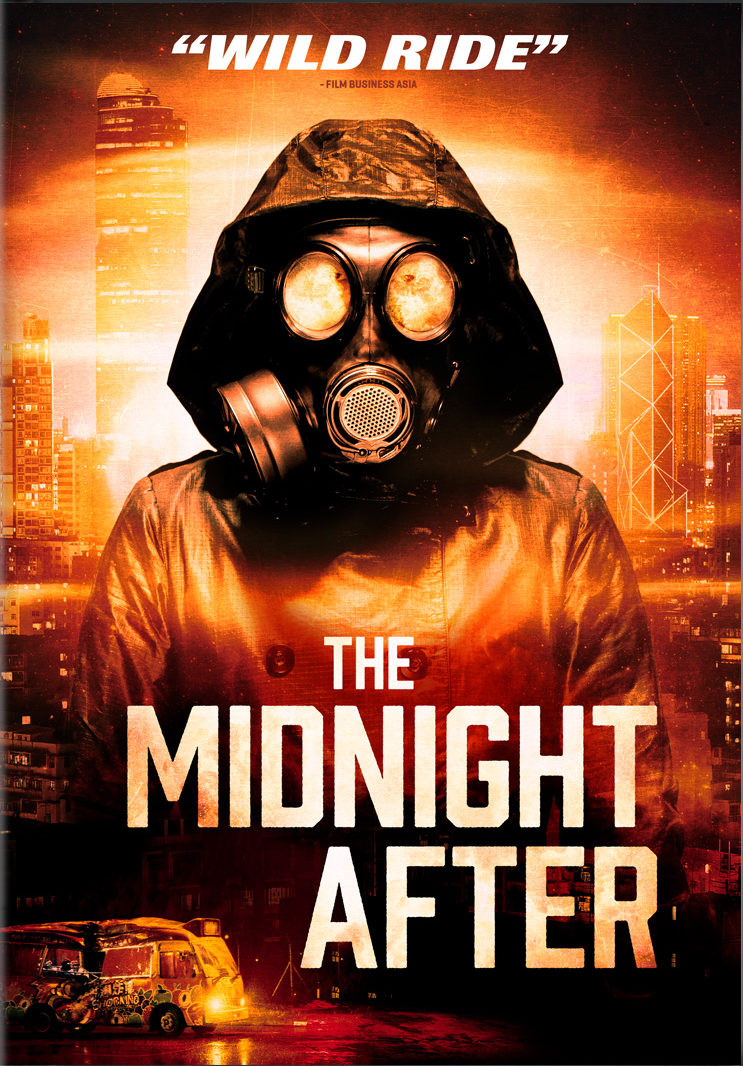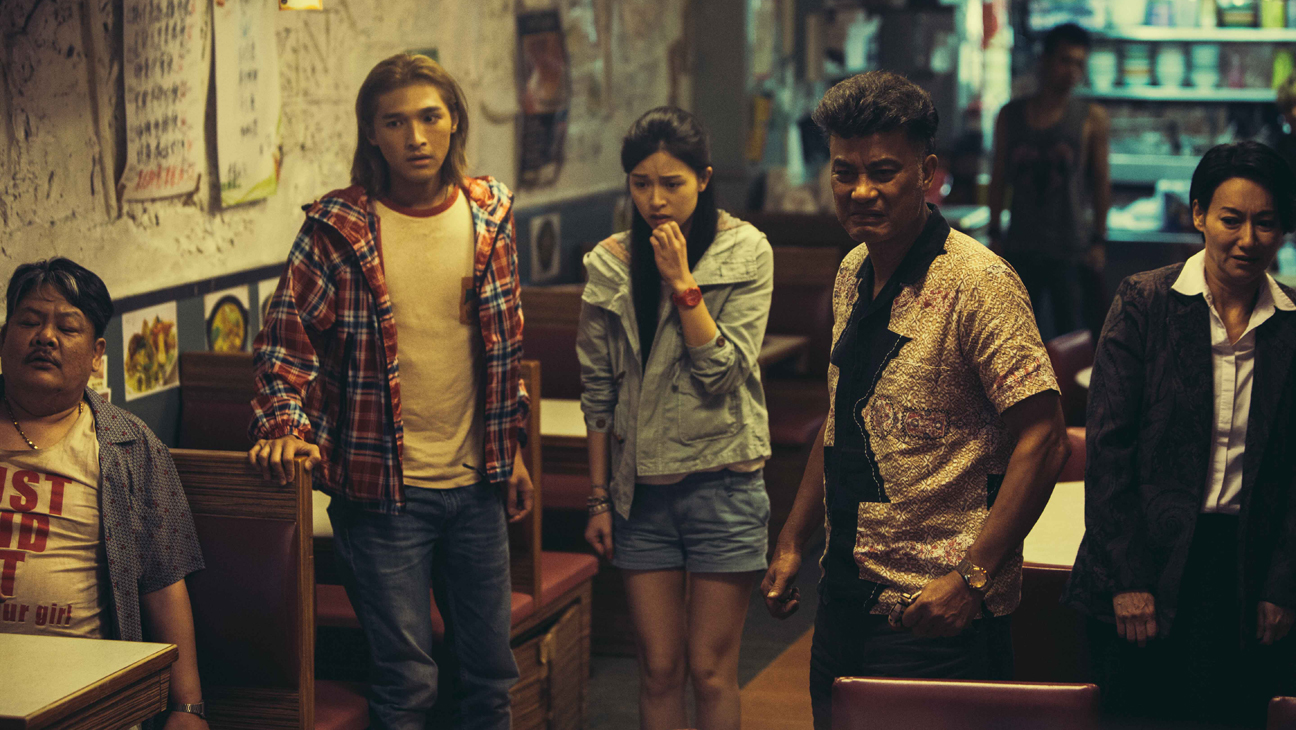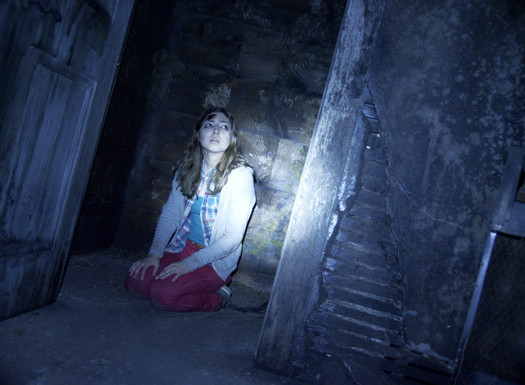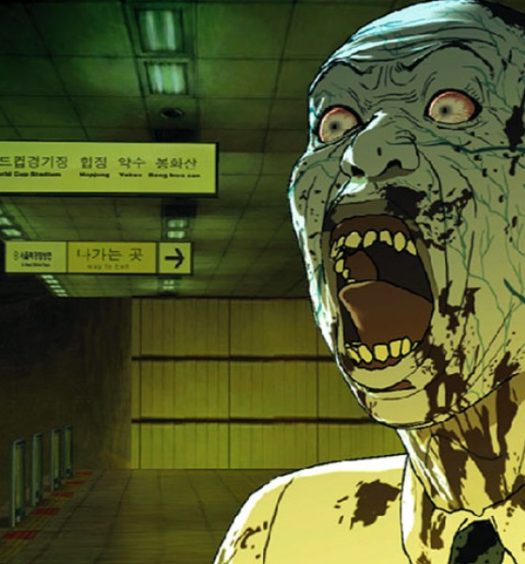I typically enjoy opening my reviews with some sort of overarching question that ties into the subject matter of the film that is being critiqued, but in the case of Fruit Chan’s The Midnight After, I’m at a bit of a loss. In fact, now roughly 9 hours removed from my first viewing of the feature, I have so many remaining questions of my own that I can’t find it within myself to position anything of value to you. Instead, please allow me to set your expectations.
To say The Midnight After has received mixed reviews would be a gross understatement. Looking over criticism from its previous festival run, you’re likely to stumble upon people calling it “absolutely genius”, a “local classic”, and “complete and utter garbage”. I’m not sure I agree with two of those, and I don’t have much of a frame of reference for the other–but what I’m sure of is that The Midnight After kept me thoroughly engaged from start to finish. Part of that is due to my shameless bewilderment at the events that were unfolding before me, and part of that is due to my mind trying to constantly decipher the myriad of symbolisms that were being thrown at me at almost every turn. My brain was spinning around recklessly inside of my mind by the time it was all said and done, and I still can’t tell you what the hell happened. At least, not really. This isn’t a film intended for a Western audience, but that doesn’t mean we can’t enjoy it.
it all sort of blends into this chaotic mess of really interesting soup..
Based on the 2012 novel “Lost on a Red Minibus to Tai Po”, The Midnight After follows a group of citizens that board a minibus (literally a small city bus) to take them all to the city of Tai Po for various reasons. Upon passing through a tunnel, it becomes apparent that the people on board the minibus are the only people left in Hong Kong–or perhaps the entire planet. But that’s the only thing that is apparent. The subsequent chain of events vary from spontaneous combustion, to people crumbling into rock debris, to a several minute long music tribute to David Bowie. There’s so much going on, but it all manages to stay connected, somehow, by the very loosest of threads. The characters have such conflicting personality types, and the actors that portray them are so over-the-top , that it all sort of blends into this chaotic mess of really interesting soup.
You will not get the answers that your mind so desperately desires.
The biggest “problem” is that The Midnight After is only one part of the story. There are an insane amount of events that go unresolved in the film that are addressed in the 2012 novel. You know, like the entire ending. That’s right, after spending roughly 2 hours on a journey with these people, you will not get the answers that your mind so desperately desires. But in a weird way, that’s okay. Writer/Director Fruit Chan gives you so much to chew on and decipher throughout the duration of the film that you can sort of draw your own conclusions. What seems to be relatively clear, is that this film serves as a commentary of many things that we simply cannot understand here in the West. Such as the “culture-less” melting pot of Hong Kong being overrun by tourists to the point where locals no longer feel like they belong there–like they’re all alone. If there’s one theme to take away from this picture, make it that one.
The lack of hand-holding in The Mightnight After is its greatest success and its greatest weakness.
Ultimately, the lack of hand-holding in The Mightnight After is its greatest success and its greatest weakness. This is not a tidy picture, but I’ll be goddamned if it isn’t a mysterious, well-shot, often comical, and always entertaining one. Give this one a watch if you want to take a mental trip without the need for narcotics. This is as discombobulated as I have been sober in a long time. Maybe ever.
The Midnight After is available on DVD on VOD platforms on 6/21 courtesy of Well Go USA Entertainment..

The Midnight After [Review]































